Case studies
Mill Hill & Wensley Fold, Blackburn, Blackburn with Darwen
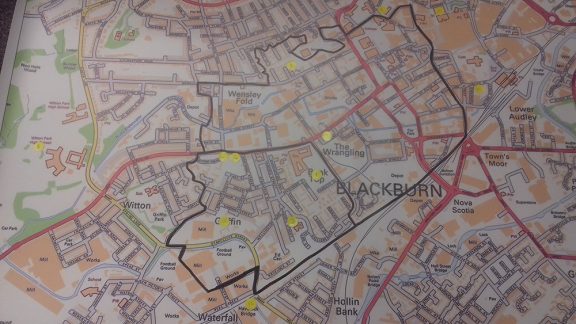
The neighbourhood
This Neighbourhood for Learning (NFL) covers two wards – Mill Hill and Wensley Fold – situated close to the town centre and home to diverse communities, businesses, schools and local shops.
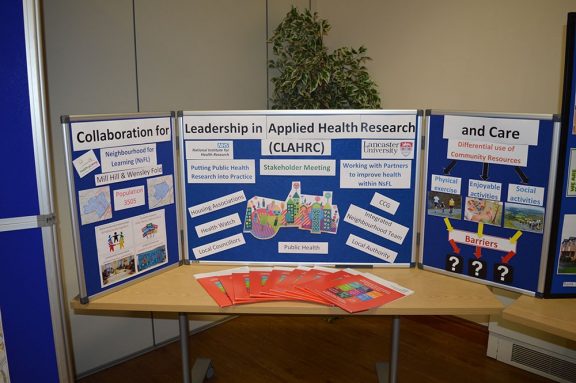
The neighbourhood players
The Local Oversight Group (LOG) was established in September 2017 to oversee and implement the Neighbourhood Resilience Programme. Key members included local residents, Blackburn with Darwen (BwD) Borough Council, especially the public health and environmental teams and the Integrated East Neighbourhood team, BwD Healthy Living, the COREN organisation supporting residents to get involved, ReFresh, Together Housing, and the local Children’s Centre. A range of other stakeholders were also linked in to the NRP work, including the local authority neighbourhood waste and housing regeneration teams, and Bethesda Chapel. In the lifetime of the NRP, 14 residents registered as Resident Advisers and approximately 300 people engaged with NRP-related activities.
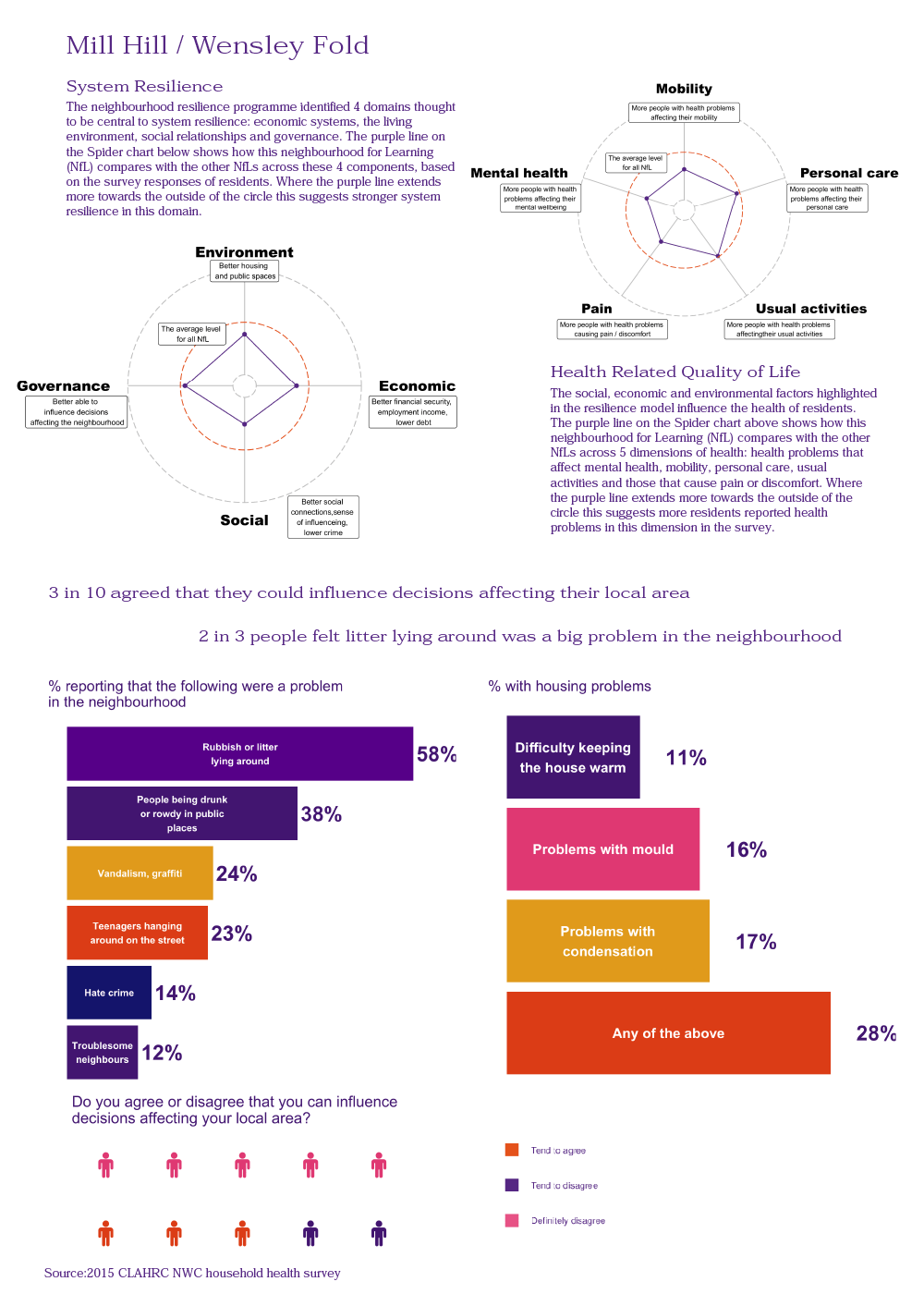
Implementation: enhancing systems resilience
Mobilising local knowledge to surface local concerns and identify priorities for action
Resident Advisers engaged in conversations, as part of a six-session participatory enquiry, exploring what places and connections people use in their neighbourhood and what issues residents considered important. Academic Leads offered workshops on conducting interviews for research purposes to Resident Advisers who, subsequently, undertook a number of interviews, with people on the streets of the area in June 2017. The interview schedules were co-produced by the Resident Advisers and the Academic Leads. The interview questions centred on the places people visited in the area, those they did not and people’s views on the area.
In December 2017 and March 2018, two Resident Conversation Events explored the use of local assets, the residents’ priorities about the area and potential suggestions for action for change. It is estimated that 56 residents took part in the activities above. The lessons from the street interviews and the group conversations were captured in two written reports shared with the LOG and the Council’s Public Health team providing insight into the views of residents and their priorities.
These local enquiries identified the following issues:
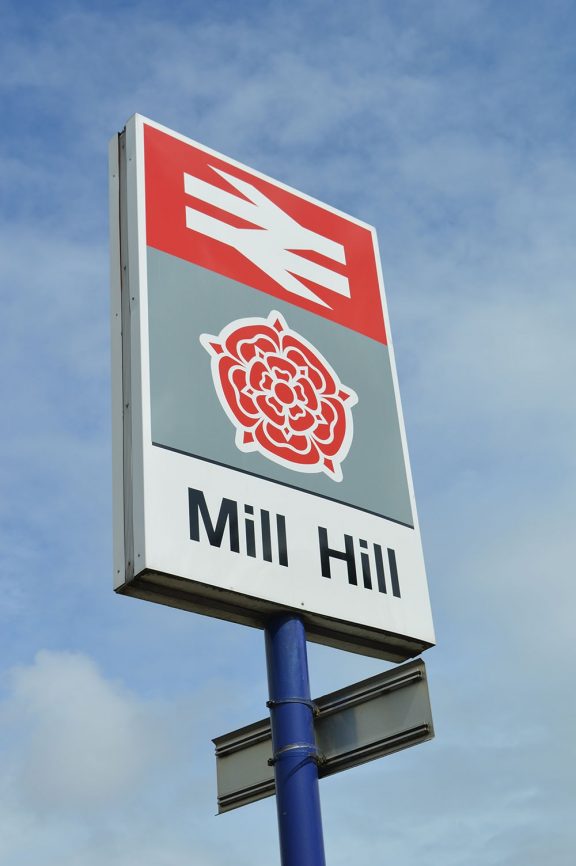
Mobilising knowledge continued
- People did not feel involved in the area.
- A feeling that nothing really happened in the area
- Concerns about the housing and the living environment
- A key barrier to accessing community resources related to social relationships e.g. experiencing anxiety about going to new places or events when lacking someone else to go with.
In response to demands from the LOG, one very rapid review of evidence was completed on the topic of ‘buddying as a way of increasing access to community resources’.
Following on from these activities, the LOG produced an action plan which focussed on:
- governance – involving residents in decision making and increasing levels of public involvement in decisions about what happens in the area;
- housing and the living environment – improving the area and linking in with a new regeneration programme;
- social connectedness – bringing communities and residents together; and,
- funding – attracting new resources to support local activities.
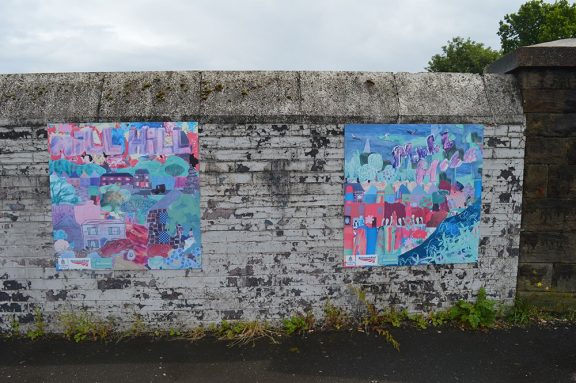
TAKING ACTION
Improving the local environment
Community clean-ups
Two community clean-ups were organised in May 2018 and October 2018. The local authority environmental team provided litter-picking equipment, waste bags and access to the recycling centre. Skips were provided by Together Housing, a social housing provider.
Following on from these community clean-ups linked to the 2018 ‘Your Community Your Call’, Resident Advisers and organisational stakeholders explored how they could develop a systems-based approach to address littering and fly tipping.
Conversations with the local authority waste team, a local councillor and other stakeholders in the area prompted two weeks of action, termed a ‘love bombing campaign’, between the 14th and 28th of February 2019. A range of stakeholders from local services and businesses, including Keep Blackburn Tidy, came together to create visible action and interest in the area.
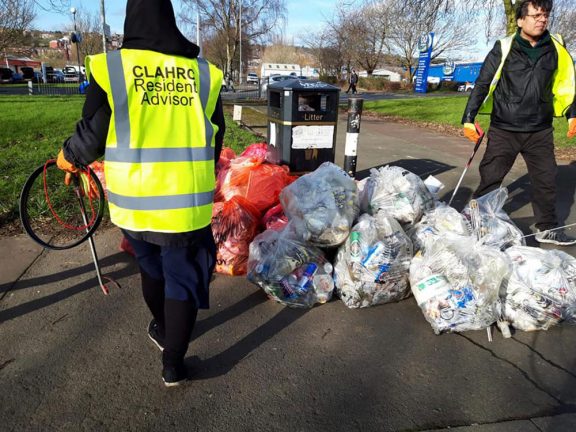
Activities included
Activities included:
- A visual audit of litter and fly tipping completed both before and after actions, by 6th form students from St Wilfrid’s school;
- Local COREN facilitator attended a school assembly to show the effects of littering;
- Collaborative clean ups with partner agencies and local businesses (including the public health team, Go Outdoors, Keep Blackburn Tidy litter pickers, local councillors, Together Housing and neighbourhood team);
- Assessment of empty properties in the area by the Regeneration Team;
- Cutting back overgrown bushes (where needles and rubbish was being dumped);
- Five skips being provided for collection of bulky waste – funded by Together Housing and,
- A local councillor linking in with Keep Blackburn Tidy to promote activity on their Facebook page and to encourage others to get involved As part of this effort, three talks were held at local primary and secondary schools on the topic of waste, litter and recycling. One local primary school was involved in a litter pick during the love bombing fortnight.
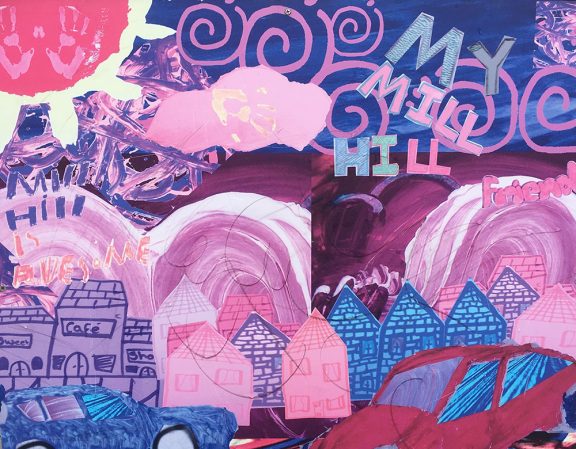
Tending to a corner of the neighbourhood
The group secured £1,000 from the University of Central Lancashire to transform a rundown spot in the neighbourhood. Through a series of five sessions during August and September 2019, the identified area was cleared, landscaped and replanted with tyre planters. A local school, the Wildlife Trust and an eco-therapy group were involved. A mural was painted with the participation of 24 children from a local school. The activity had a stark, visual impact on the area.
Publicising this work
The group presented their work and actions to address littering to a range of environmental, community and local authority organisations as well as residents from the other areas at the Cleaner Greener Environment learning exchange in March 2019.
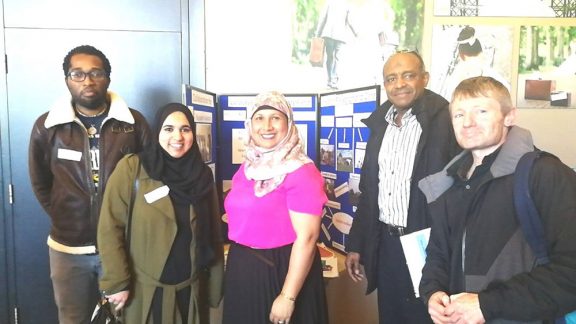
Increasing social connectedness
The Local Oversight Group took a holistic approach to improving connections and involvement in the area by bringing together relevant system actors. In the summer of 2018, residents and other stakeholders worked together to plan and hold a summer street event. The purpose was to get residents connecting with other residents and to find out about the social opportunities available in the area. This led to funding being secured from the local CVS to support a second street event in the following summer of 2019. A range of organisations used the event as an opportunity to promote their services to the community. Approximately 130 people were estimated to take part in these street events.
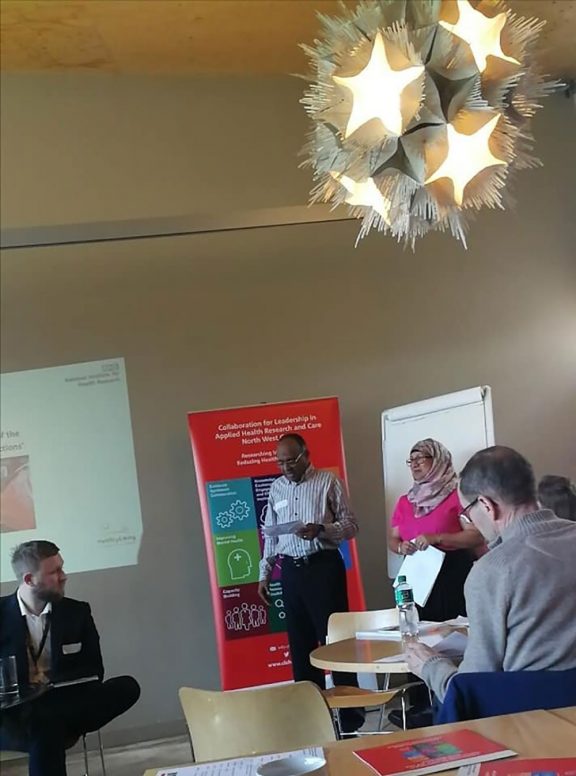
Additional positive impacts linked to the NRP in the area
The NRP helped draw attention to an area that had not received any specific local authority input or interventions in the past. The NRP generated learning and new alliances with the housing regeneration team which worked on the planned regeneration for one of the estates in the neighbourhood. For professionals, this learning was about involving residents in the next phase of consultations and supporting them to shape developments. Due to the NRP coming to an end, Residents Advisers were not directly involved in the consultations in the lifetime of the NRP but the links had been made and information was shared by professionals with the Resident Advisors who could then inform other residents about the development of the project.
Resident Advisers formed a formally constituted group that could enable them to access funding to support activity in the local area based on the needs and interests of the local community.
The Team
Dilwara Ali – COREN Facilitator
Tinta Ali – Resident Adviser
AbdulRahman Fadul – Resident Adviser
Anwar Ishmael – Resident Adviser
Koser Khan – Academic Lead
Laura Wharton – Local Authority Lead
Related Content
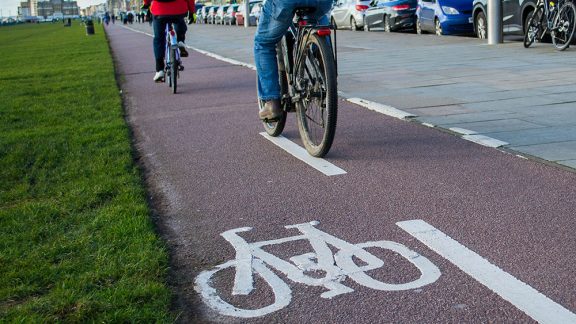
Related content
Lorem ipsum dolor sit amet, consectetur adipiscing elit. Nulla libero elit, viverra eget risus eu, posuere semper lorem. Lorem ipsum dolor sit amet, consectetur adipiscing elit. Nulla libero elit, viverra eget.
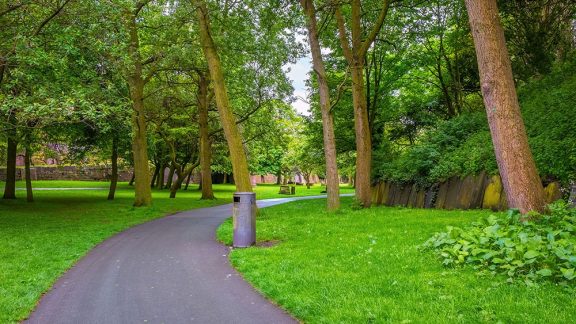
Related content
Lorem ipsum dolor sit amet, consectetur adipiscing elit. Nulla libero elit, viverra eget risus eu, posuere semper lorem. Lorem ipsum dolor sit amet, consectetur adipiscing elit. Nulla libero elit, viverra eget.
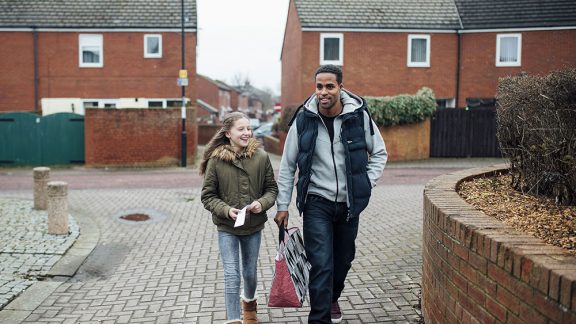
Related content
Lorem ipsum dolor sit amet, consectetur adipiscing elit. Nulla libero elit, viverra eget risus eu, posuere semper lorem. Lorem ipsum dolor sit amet, consectetur adipiscing elit. Nulla libero elit, viverra eget.